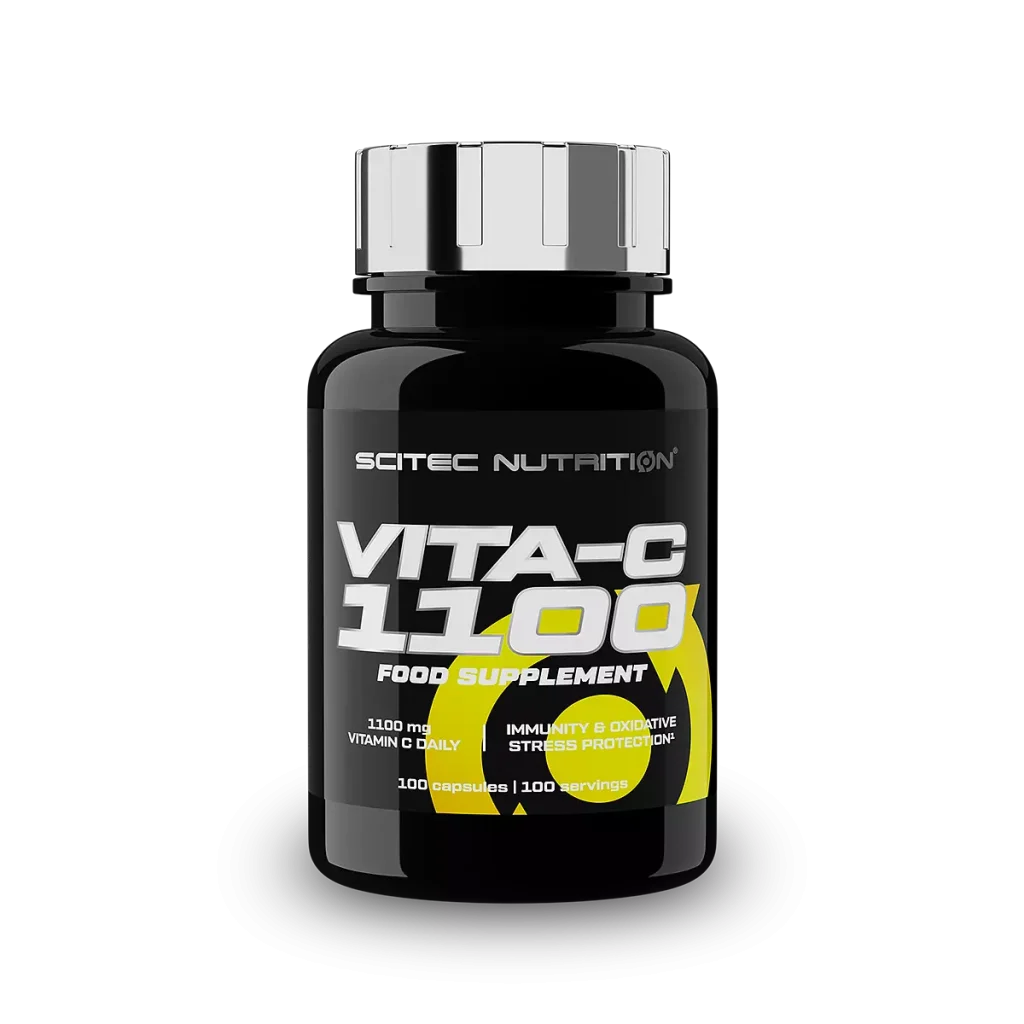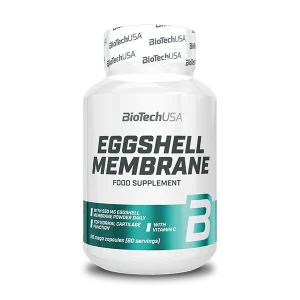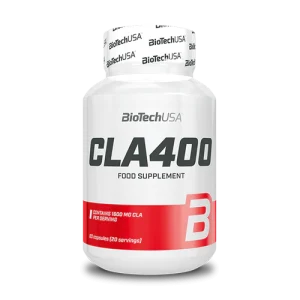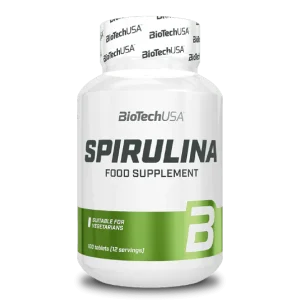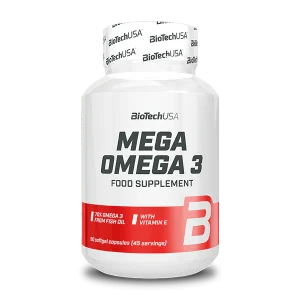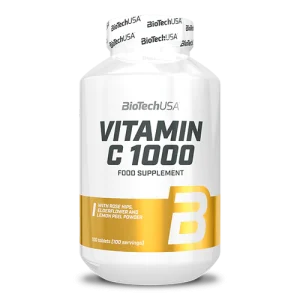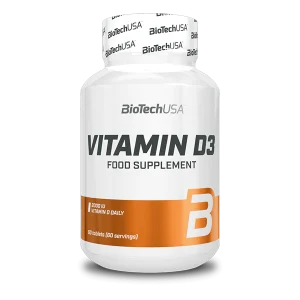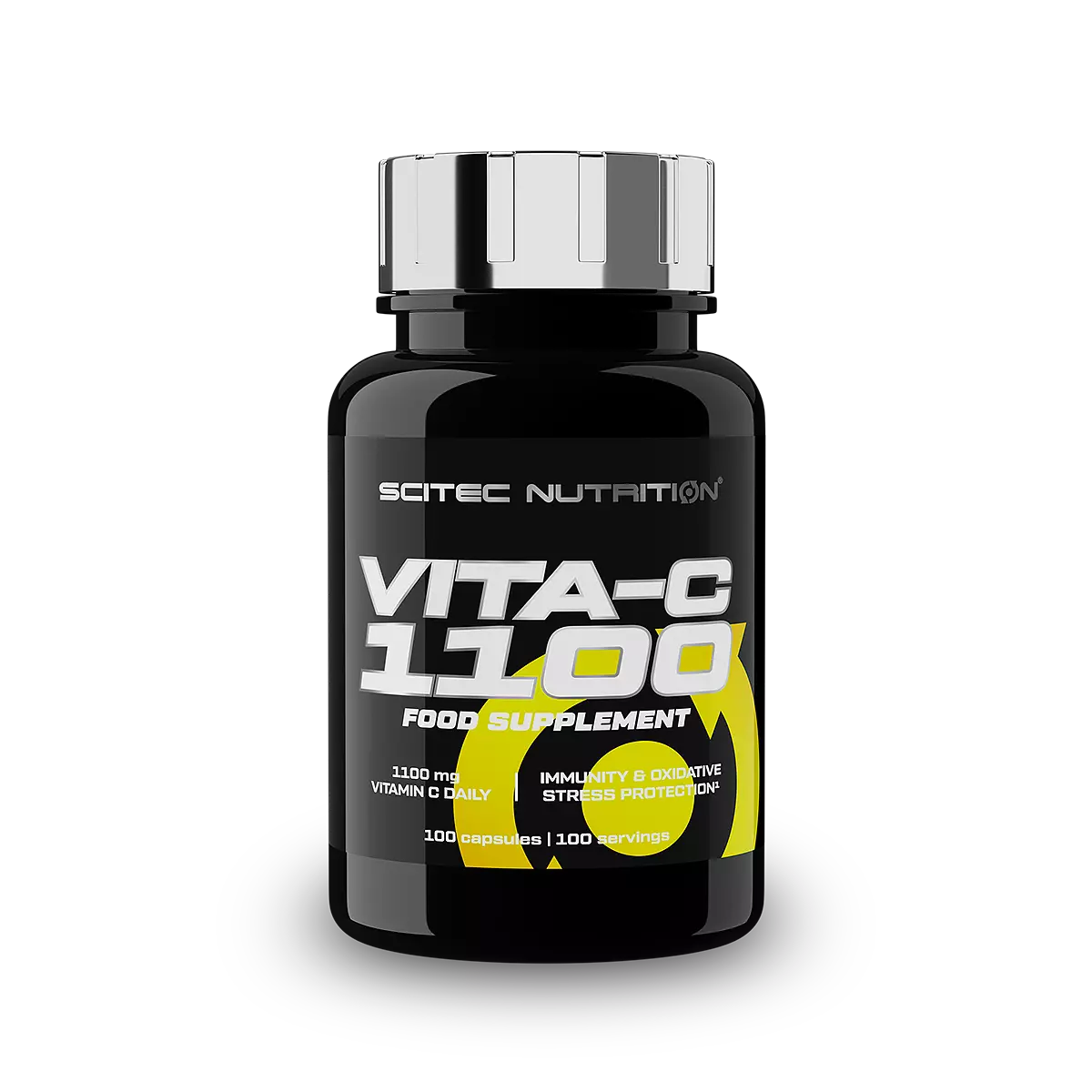
Scitec Nutrition
Scitec Nutrition is a European company that specializes in the development and manufacturing of sports nutrition supplements. Here are some general points about Scitec Nutrition:
- Company Background:
- Scitec Nutrition is a Hungarian company that was founded in 1996. It has since become one of the leading brands in the sports nutrition industry.
- Product Range:
- Scitec Nutrition offers a wide range of sports supplements, including protein powders, pre-workout formulas, amino acids, weight gainers, vitamins, and other nutritional products. Their products are designed to support various fitness goals, such as muscle building, recovery, and overall performance enhancement.
- Quality Control:
- The company emphasizes the importance of quality control and uses advanced manufacturing processes to ensure the purity and effectiveness of their products. They often highlight the use of high-quality ingredients in their formulations.
- International Presence:
- While based in Hungary, Scitec Nutrition has a global presence, distributing its products to numerous countries. It is known for having a strong presence in the European sports nutrition market.
- Customer Reviews and Reputation:
- Like any company, Scitec Nutrition’s reputation can be assessed through customer reviews and feedback. Positive reviews often highlight the effectiveness of their products, while negative reviews may address issues such as taste preferences or individual reactions.
It is recommended to check Scitec Nutrition official website or contact them directly for the most current and detailed information about their products.
What Is a Vitamin?
Vitamins are organic compounds that are essential for the normal functioning of the human body. These are micronutrients, meaning they are required by the body in relatively small amounts but are crucial for various physiological processes. Unlike macronutrients (such as carbohydrates, proteins, and fats), the body cannot produce vitamins in sufficient quantities, so they must be obtained through the diet.
Vitamins play a vital role in a wide range of biological functions, including metabolism, immune system function, and maintaining the health of tissues and organs. Each vitamin has specific functions, and a deficiency or excess of any particular vitamin can lead to various health issues.
There are two main types of vitamins:
- Fat-Soluble Vitamins: These vitamins dissolve in fat and are stored in the body’s fatty tissues. They include:
- Water-Soluble Vitamins: These vitamins dissolve in water and are not stored in the body to the same extent as fat-soluble vitamins. They include:
- Vitamin C (ascorbic acid)
- B-vitamins (B1, B2, B3, B5, B6, B7, B9, B12)
It’s important to maintain a balanced diet that includes a variety of foods to ensure an adequate intake of vitamins. While vitamin supplements can be beneficial in cases of deficiencies or certain health conditions, they should be used under the guidance of healthcare professionals, as excessive intake of certain vitamins can lead to toxicity.
Advantages and Disadvantages of Taking Vitamin C
Vitamin C, or ascorbic acid, is essential for various bodily functions, and obtaining an adequate amount through diet or supplements can offer several benefits. However, it’s important to consider both the advantages and disadvantages of taking vitamin C:
Advantages of Taking Vitamin C:
- Antioxidant Protection:
- Vitamin C is a potent antioxidant that helps protect cells from damage caused by free radicals. This may contribute to overall health and reduce the risk of chronic diseases.
- Immune System Support:
- Vitamin C plays a crucial role in the function of the immune system. Adequate intake may help prevent and reduce the duration of common illnesses, such as colds.
- Collagen Synthesis:
- Vitamin C is necessary for the synthesis of collagen, a structural protein that is essential for skin, blood vessels, bones, and other connective tissues.
- Wound Healing:
- Vitamin C promotes the healing of wounds and injuries by facilitating tissue repair and regeneration.
- Iron Absorption:
- Vitamin C enhances the absorption of non-heme iron from plant-based foods, which is important for individuals with iron-deficiency anemia.
- Heart Health:
- Some studies suggest that vitamin C may contribute to cardiovascular health by reducing the risk of heart disease.
- Neurotransmitter Synthesis:
- Vitamin C is involved in the synthesis of neurotransmitters, which play a role in mood regulation.
Disadvantages of Taking Vitamin C:
- Digestive Issues:
- High doses of vitamin C, especially from supplements, can lead to gastrointestinal issues such as diarrhea, nausea, and stomach cramps.
- Kidney Stones:
- Excessive intake of vitamin C, particularly in the form of supplements, may increase the risk of kidney stones in susceptible individuals.
- Interference with Medical Tests:
- High doses of vitamin C can interfere with certain medical tests, such as glucose tests and fecal occult blood tests.
- Iron Overload:
- While vitamin C enhances the absorption of non-heme iron, it may contribute to iron overload in individuals who already have high iron levels or conditions like hemochromatosis.
- Interaction with Medications:
- Vitamin C supplements can interact with certain medications, affecting their absorption or efficacy. It’s important to consult with a healthcare professional if you’re taking medications.
- Risk of Mega-Dosing:
- Mega-dosing on vitamin C (taking very high doses) without medical supervision can lead to potential adverse effects, and the long-term safety of high doses is not well-established.
It’s crucial to note that for most people, obtaining vitamin C through a balanced diet is sufficient to meet their nutritional needs. If considering vitamin C supplements, it’s advisable to consult with a healthcare professional to determine the appropriate dosage, especially for those with pre-existing health conditions or concerns.
Ingredients
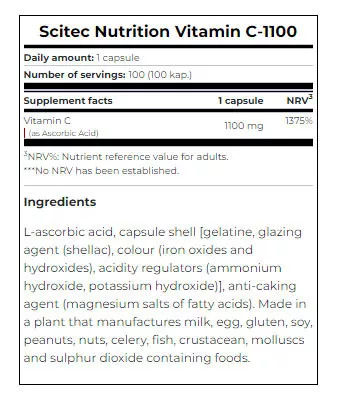
Vitamin C a.k.a Ascorbic Acid
Vitamin C, or ascorbic acid, is a water-soluble vitamin essential for numerous physiological functions in the human body.
As a potent antioxidant, it helps protect cells from oxidative damage, supports the immune system, and promotes the synthesis of collagen—a vital protein for skin, blood vessels, and connective tissues.
Found abundantly in fruits and vegetables, particularly citrus fruits, strawberries, and bell peppers, vitamin C is crucial for overall health. Its role in enhancing iron absorption, contributing to wound healing, and combating infections underscores its significance.
While a deficiency can lead to scurvy, characterized by fatigue, swollen gums, and joint pain, maintaining a balanced diet rich in vitamin C sources is fundamental for optimal health and well-being.
For more detailed information on vitamin C, please click here.
Available Forms
Vita-C 1100 by Scitec Nutrition are available in one size: a small bottle with 100 capsules.
